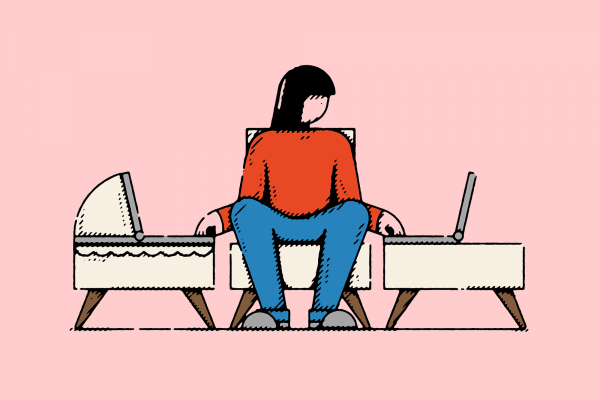THE FIRST STAGES of parenting are sometimes called “the longest shortest time,” as an award-winning podcast on parenting attests. For a newborn and a new parent, the days are dense. Everything matters.
In the United States, many families’ caregiving-rich days of new parenthood are curtailed by work. A fifth of new mothers return to work within days or weeks of having a child, often driven by financial precarity. More than half of parents surveyed who were able to take some parental leave from work said they took less time off than they needed or wanted, the majority citing fear of lost income or jobs. As one mother, a call center employee with a newborn, said in an interview for a 2018 Center for Public Justice report, “My work doesn’t pay for maternity leave ... If I don’t go back to work in two weeks, we will not have enough money to pay our electric bill.”
From the biblical account of creation through the prophets’ visions of shalom, Christian tradition presents family life as fundamental to human life and society. Essayist Wendell Berry reasoned that a good human economy is one that “proposes to endure.” The nurture of children and care for loved ones, of course, is one way our society endures.
Read the Full Article

